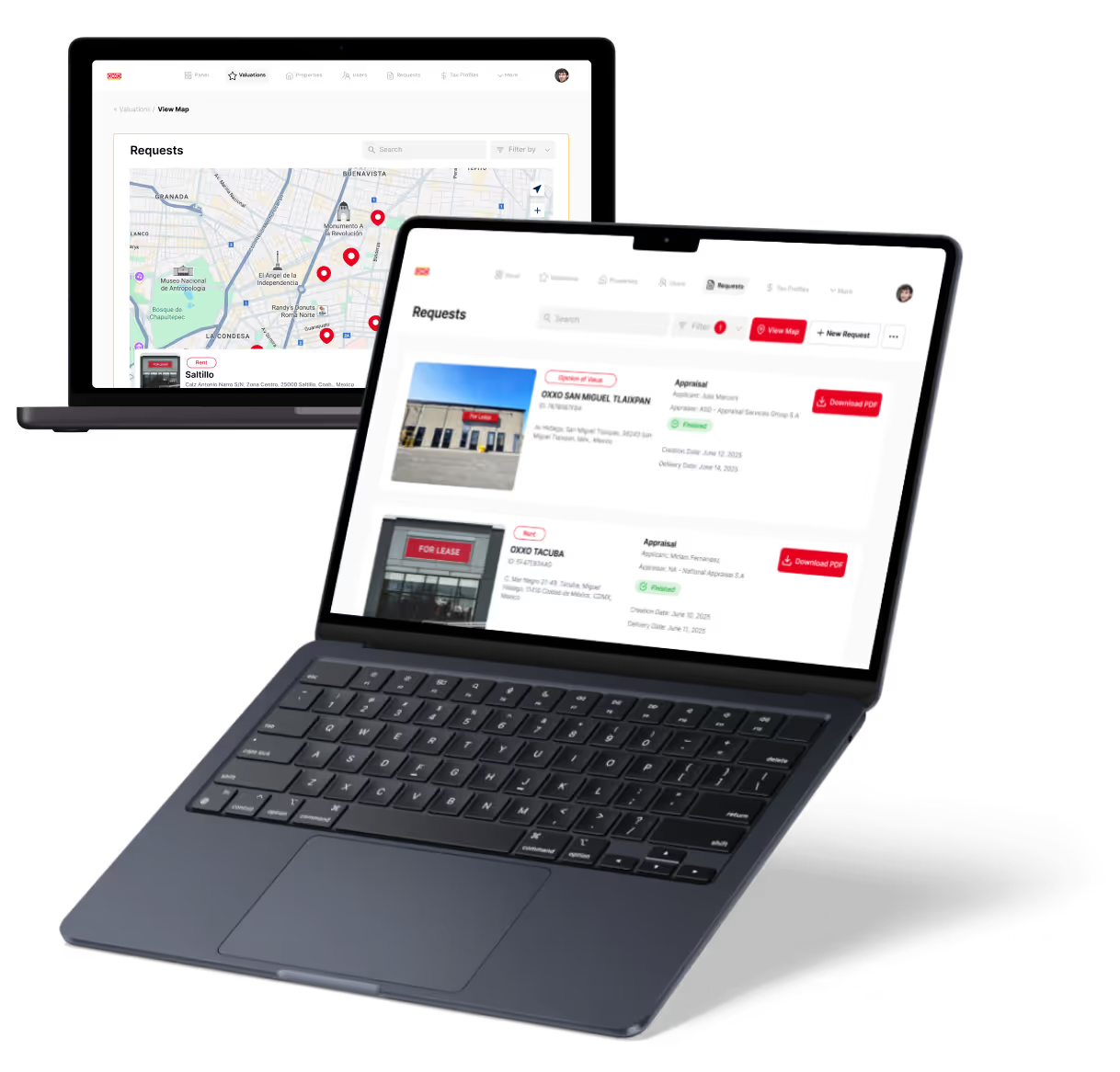[Interview] Expert reveals what you can and can't do with FlutterFlow in 2025
5 min
read
Dive into the exclusive insights from a FlutterFlow expert! Discover the untold powers of building apps with FlutterFlow and the unexpected hurdles you might face.
![[Interview] Expert reveals what you can and can't do with FlutterFlow in 2025](https://cdn.prod.website-files.com/61cbe22a00483909d327afc6/65f317a81fb8ffc5e0a5d567_65e63942ede3daa5bbb0fd0e_LowCode%2520-%2520FlutterFlow%2520can-can%2527t%2520.avif)
Are you considering FlutterFlow for your next project? We've chatted with Jorge Valdez, our friend and FlutterFlow expert, to uncover what makes it great and where it might have its limitations.
Stay tuned as we share the full Q&A, a closer look at what FlutterFlow has to offer and how it aligns with your project goals. We believe Jorge's perspective will help you navigate through the decision-making process for your upcoming app. Let’s dive in!
What key features make FlutterFlow stand out as a development framework?
For me, FlutterFlow stands out among other low code/no code development platforms not only because of its technical features but mainly because of its team. They are always dedicated to improving the platform, and no other nocode platform updates as quickly as FlutterFlow. Additionally, its focus on Flutter technology is notable. Unlike Bubble, for example, the FlutterFlow team doesn't create a new language but instead leverages what already works in Flutter as a base.
![[Interview] Expert reveals what you can and can't do with FlutterFlow in 2024](https://cdn.prod.website-files.com/61cbe22a00483909d327afc6/67912f3f63452ca0a18a85f5_676f0795297464535c5ecc5e_what-you-can-and-cant-do-with-flutterflow-1.avif)
Another feature that I find very beneficial is the ability to generate code in Dart and Flutter directly with open Codex. This provides additional flexibility and makes it easy to integrate with other Flutter-based projects.
Can you highlight some advantages of using FlutterFlow for mobile app development?
In the context of mobile applications, FlutterFlow stands out mainly for its exceptional integrations. One of the most notable advantages is the efficient way new versions are deployed to mobile app stores, thanks to integrations such as RevenueCat for managing mobile subscriptions, the use of SQLite for local data, and AdMob for the inclusion of ads. These integrations run smoothly on FlutterFlow, while on other platforms, achieving these features may be more complex or not even possible.
In addition to these pre-built integrations, you may want to incorporate other specific features into your app. FlutterFlow offers the flexibility to leverage thousands of resources available on pub.dev, allowing you to enrich your mobile app by integrating custom code. This capability expands the possibilities and customization of your application significantly.
How does FlutterFlow facilitate rapid prototyping and development of mobile applications?
![[Interview] Expert reveals what you can and can't do with FlutterFlow in 2024](https://cdn.prod.website-files.com/61cbe22a00483909d327afc6/67912f3f63452ca0a18a85fb_676f0795297464535c5ecc5b_what-you-can-and-cant-do-with-flutterflow-2.avif)
FlutterFlow offers base templates, base pages, base action logic components, and flows (pages already connected with logic that solves specific needs). If used effectively, it can be as fast as creating with Glide, although this may mean sacrificing some degree of customization.
Additionally, a useful feature is the ability to create flows once and then clone them for use across multiple projects, either individually or in teams. This significantly speeds up the development process and facilitates consistency between different projects.
We can build your FlutterFlow app in only 5 weeks! Check out our Flutterflow development services
What kind of projects would you say are not suitable for FlutterFlow development?
I can't identify specific apps by industry, but there are certain types of apps I would avoid developing in FlutterFlow, at least with the current version. This would include applications that need to retrieve data in the background while the application is running but not visible on the screen. Additionally, gaming applications or those designed for startups with extremely disruptive logic that require components predominantly developed with code would be less suitable for the platform.
Can you explain the integration capabilities of FlutterFlow with third-party APIs and services?
The functionality of FlutterFlow's API is commendable and user-friendly, although it may not be as robust as that of platforms like Bubble, for example. We have encountered challenges specifically when dealing with APIs that utilize OAuth 2.0 authentication or handling calls with responses in plain text.
Bubble is another of our favorite no-code platforms! Learn more about our Bubble development services.
How does FlutterFlow handle cross-platform development, and what are the benefits of this approach?
This is one of the aspects I highly appreciate. Converting an application designed for the web to function seamlessly on mobile, for instance, is incredibly smooth. Although FlutterFlow has a broader range of components tailored for mobile compared to the web, certain elements like calendars and date pickers with mobile UI may not align perfectly on the web. However, the commonalities are increasing, and after a straightforward toggle with a button, your project can effortlessly support web, mobile, and desktop platforms.
![[Interview] Expert reveals what you can and can't do with FlutterFlow in 2024](https://cdn.prod.website-files.com/61cbe22a00483909d327afc6/67912f3f63452ca0a18a85f8_676f0795297464535c5ecc61_what-you-can-and-cant-do-with-flutterflow-3.avif)
What are the main limitations or challenges that developers may face when using FlutterFlow?
For me, the method for debugging in the app involves utilizing the browser's development tools and honing the skill of error detection.
Another limitation lies in the time required for testing, as it necessitates compilation in a virtual machine (test mode). Unlike Flutter, which benefits from hot reloading due to its local execution, FlutterFlow's testing process involves slightly longer turnaround times.
Are there any specific limitations related to the scalability of applications developed with FlutterFlow?
FlutterFlow operates on the front end, and I’ve observed some scalability limitations. If the project is extensive, with numerous pages and components (especially when reusable components are not employed), it could potentially reach a size limit in FlutterFlow. In these cases, the restriction of not being able to create more components may arise.
It's essential to note that FlutterFlow does not clearly specify what the maximum size is, and this limitation becomes apparent only as you approach it. However, in the majority of projects, this is not usually a significant concern.
What about the customization options available in FlutterFlow? Are there any constraints in terms of design flexibility?
I can't think now of limitations regarding the design of Flutterflow, I have seen that it is the easiest point for new platform enthusiasts to handle.
How does FlutterFlow handle complex animations and performance-intensive tasks?
The animations in Flutterflow are the best I have been able to try on a low-code platform!
Do you want to catch a glimpse of a completed FlutterFlow project? See what we've created for Juiced!
![[Interview] Expert reveals what you can and can't do with FlutterFlow in 2024](https://cdn.prod.website-files.com/61cbe22a00483909d327afc6/67912f3f63452ca0a18a85f2_676f0795297464535c5ecc58_what-you-can-and-cant-do-with-flutterflow-4.avif)
Are there any known issues or compatibility concerns when integrating FlutterFlow with certain third-party libraries or packages?
Sometimes using Supabase as a backend causes project compilation or custom code compilation problems.
How does FlutterFlow address security considerations, and are there any limitations in terms of security features?
This has seen significant improvements. Consider that your application data is stored in your database, such as Firebase, a robust and secure platform. FlutterFlow makes it easy to manage privacy rules in Firebase, allowing for easy control. When making API calls, you can add an extra layer of protection by making the calls private through Firebase services.
Conclusion
We're thrilled that we got to share these insights from Jorge with you, and we hope this exploration into FlutterFlow's capabilities and considerations has provided valuable perspectives for your project.
We believe FlutterFlow’s ease of use, cross-platform capabilities, and seamless integrations make it a formidable player in the field. If you've been captivated by the possibilities and are ready to translate them into a tangible project, our development team is at your service.
Unleash the power of FlutterFlow and jumpstart your app development journey. Our expertise makes it easier than ever. Book a free discovery call today to discover how we can empower you!
Created on
February 25, 2024
. Last updated on
May 7, 2025
.

FAQs








%20(Custom).avif)








